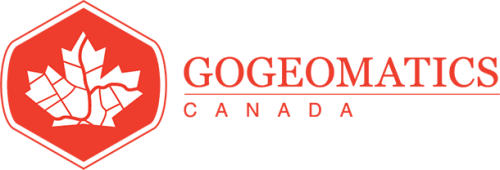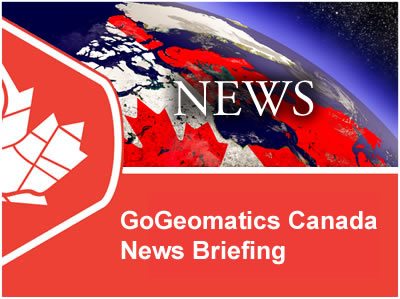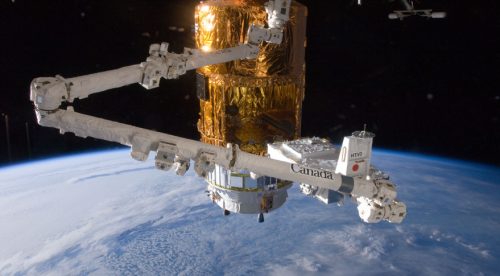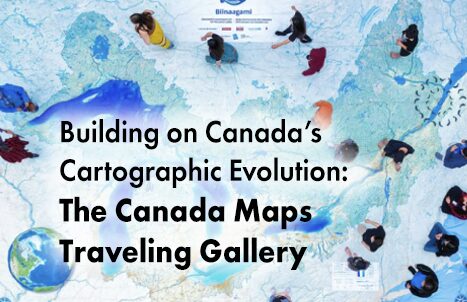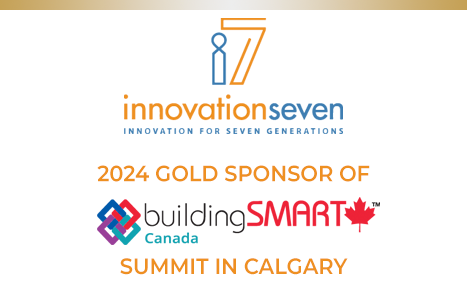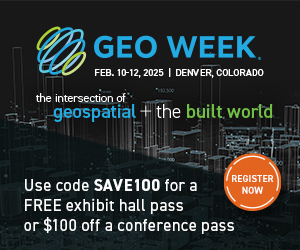Your Canadian Geospatial Briefing for October 1st: Canadian Space Agency; Orbital Insight; Geotab; Elevate Tech Fest
Canada shoots for the moon
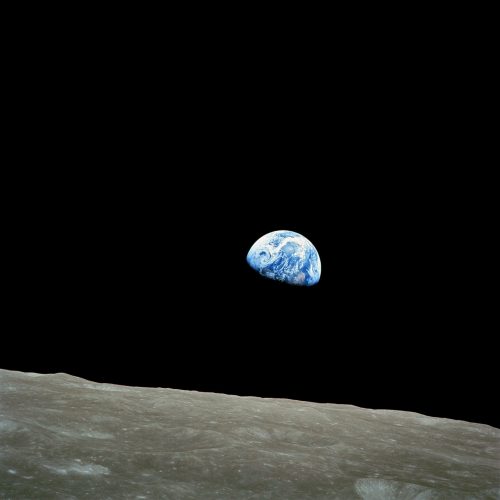
Image from Pixabay
The Canadian Space Agency is preparing to contribute to future space missions by calling on companies to present ideas for robotic lunar exploration. Technologies will be demonstrated in Saint-Hubert, Quebec next year in concert with the development of NASA’s Lunar Gateway outpost. Tender issued by the Canadian Space Agency will allow the industry to propose projects including Lunar rover power systems and wheels; rover guidance, navigation, and control; communications systems for use on the moon; Lunar drilling, and approaches to lunar prospecting. Mike Greenly, president of MDA says that upcoming projects over the next five to seven years will take Canadians to the moon, and in the next 12 to 15 years, Mars.
Orbital Insight partners with RBC Capital Markets
Orbital Insight has just announced a partnership with RBC Capital Markets. This agreement will grant Capital Markets access to Orbital Insight’s Consumer and Energy analytics products, helping the investment banking arm of RBC advance its equity research projects by taking advantage of the objectivity and scale of geospatial analytics. Using artificial intelligence to automatically analyze satellite imagery, Orbital Insight will detect and track changes over time in retailer parking lot car counts, crude oil storage tanks, and more. Kevin O’Brien, Chief Business Officer at Orbital Insight says “Investors seeking alpha can benefit from the insights provided by geospatial analytics […] We’re excited to partner with RBC Capital Markets, a premier bank, as they seek to arm their clients with even greater value and insights through cutting-edge technology.”
#DontLetGoCanada 
Canada’s leadership role in space is depending on the Government of Canada for a new space strategy. A new campaign hashtagged #DontLetGoCanada will raise awareness of Canadian accomplishments in space, the benefits of space investment, space explorations contributions to the Canadian economy, and exciting opportunities in the growing space industry. The campaign will be led by a coalition of organizations, including Aerospace Industries Association of Canada, the Canadian Space Society, SATCAN, the Canadian Aeronautics and Space Institute, and many others. Said Jim Quick, CEO and President of Aerospace Industry Association of Canada President, “The current space-related global market opportunity is commonly estimated to be $500 billion Canadian, which analysts forecast will grow to be a multi-trillion-dollar market in coming decades.”
Geotab’s data services gain ground in the U.S.
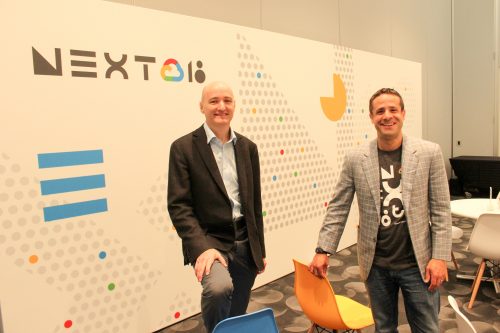
Neil Cawse (left), CEO of Geotab poses with his vice-president of data and analytics Mike Branch at Google Next in San Francisco. (Photo by IT World Canada)
Launching its data service for smart cities in June 2018, Oakville Ontario’s telematics firm Geotab is now offering a dataset that grows by 2 billion records every day and spans over 100 countries around the world. Thanks to a $40 million U.S. grant, the City of Columbus has partnered with Geotab to enhance its Smart Columbus Operating System, thereby creating applications related to the local transit system. Geotab’s smart city-based revenue is earning the company industry recognition as telematics and GPS morph into major data-driven parts of smart cities. As CEO Neil Cawes says, Geotab has the largest and most comprehensive data sets on vehicles in the world, and its making cities quicker and safer.
Elevate Tech Fest, day 2
The second day of the Elevate Tech Fest in Toronto showcased Canada’s role in the artificial intelligence (AI) industry. Areas like privacy and healthcare are benefitting from artificial intelligence for patient care and drug discovery. Over in the world of business, the Waterloo-based company Plum is using AI to help with hiring and retention of employees, and Tealbook uses an AI supplier management system to create stronger B2B connections. Telus develops AI chatbots to act as virtual assistants for customer service. All these projects and more show the many ways that Canada is a global leader in artificial intelligence.

